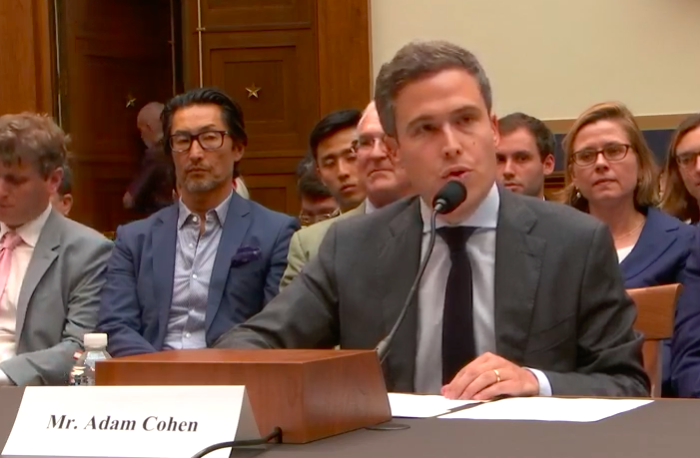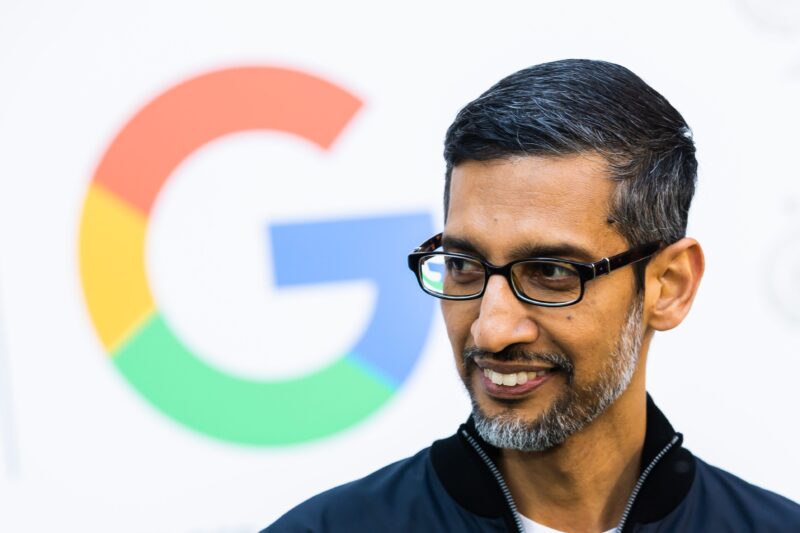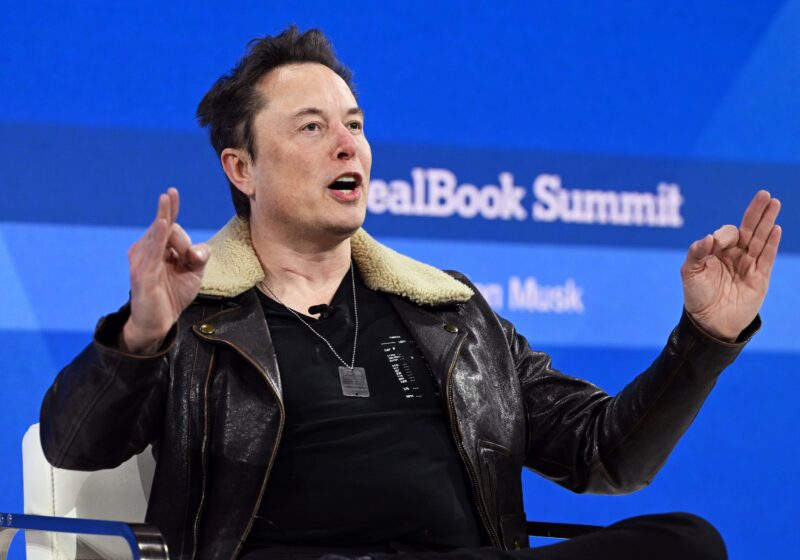- Google is trying to make the case that there’s competition in the search industry before Congress on Tuesday, but the numbers aren’t looking in the tech giant’s favor.
- “In our core search business, consumers can choose among a range of options: Bing, DuckDuckGo, Yahoo, and many more,” Adam Cohen, Google’s director of economic policy, said on Tuesday.
- According to StatCounter, however, Google accounts for over 92% of the search-engine market share worldwide as of this June.
- On Tuesday, executives from Google, Facebook, Amazon, and Apple are testifying before Congress to address concerns over whether their sizes and influences have become problematic.
- Visit Business Insider’s homepage for more stories.
Google is trying to make the case that there’s competition in the search industry, but the stats aren’t looking in the tech giant’s favor.
In his opening remarks before Congress on Tuesday, Adam Cohen, Google’s director of economic policy, said that when it comes to search, consumers have choices.
“In our core search business, consumers can choose among a range of options: Bing, DuckDuckGo, Yahoo, and many more,” Cohen said. “Specialized search services are strong competitors, too, including companies like Amazon, eBay, Kayak, Travelocity, Yelp, and others.”
But recent statistics paint a different picture. According to StatCounter, Google accounts for over 92% of the search engine market share worldwide as of this June.
It's closest competitor, Bing, accounted for just over 2.5% of the market.
In written testimony for the House antitrust subcommittee hearing, Google says that it faces competition on search from Bing, Yahoo and DuckDuckGo... https://t.co/liaGmV0utR pic.twitter.com/TOYD5Rvpsh
— Julia Carrie Wong (@juliacarriew) July 16, 2019
Should Google want to convince Congress that it's not engaging in anti-competitive practices, perhaps the company would bode better focusing on another part of its business - like hardware - in which it doesn't have such a stranglehold.
On Tuesday, Google's Cohen, as well as Facebook, Amazon, and Apple will all be testifying become Congress to field questions over whether their size and influence is problematic for competition within the broader tech industry.
The Congressional session, entitled "Online Platforms and Market Power, Part 2: Innovation and Entrepreneurship" can be watched here.











